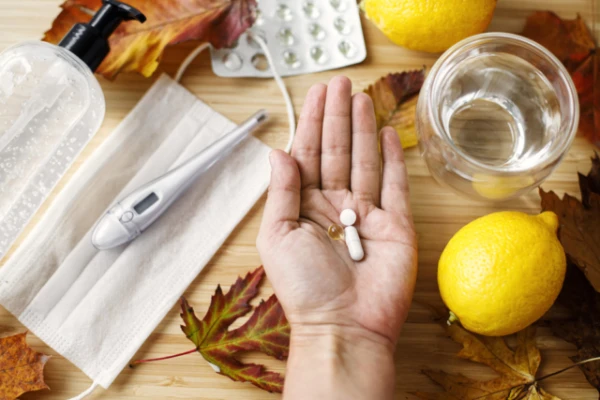
Different types of coffee have different acidity levels. Particularly acidic varieties can lead to heartburn. However, this is not a reason to give up coffee. We explain how to avoid unpleasant consequences.
Burning, discomfort in the chest, bitterness in the mouth, and sometimes nausea — all of these are unpleasant companions of heartburn when gastric juice comes into contact with the esophageal mucosa. Most often, heartburn attacks are triggered by foods that increase the production of hydrochloric acid. The list includes fatty, fried, or spicy dishes, mayonnaise, tomatoes and tomato sauces, garlic, onions, carbonated beverages, as well as citrus fruits.
Additionally, some studies show that heartburn can occur from coffee.
First, coffee relaxes the lower esophageal sphincter. This is the valve that separates the stomach from the esophagus and prevents the backflow of acid. When the esophageal sphincter relaxes, it is easier for gastric juice to flow back into the esophagus.
Second, coffee is inherently an acidic product. Coffee beans contain more than thirty different acids. It can be said that acids are one of the most important components of coffee. They make up to 11% of the mass in green beans and 6% in roasted beans.
Different types of coffee have different acidity levels. Generally, the pH level of this beverage ranges from 4.85 to 5.13.
"The main acids in green coffee beans are chlorogenic, quinic, citric, and malic. The specific composition of acids varies depending on many factors, such as species, variety, geographical origin, altitude of growth, and post-harvest processing," states a review published in the journal Food Science.
So, if coffee causes you heartburn, try to adhere to the following rules.
Choose Darker Roasts
During roasting, the acidic composition of coffee beans changes significantly. Chlorogenic, citric, and malic acids are broken down. Studies show that dark roast beans contain a balance of chemicals that produce less gastric acid than medium roast beans.
Try Double Fermented Coffee
Typically, coffee is fermented once. However, some producers add a second fermentation, which is believed to make the coffee easier on the stomach, resulting in a less bitter and acidic beverage.
Add a Little Milk
A study by gastroenterologists from Taiwan showed that adding milk to coffee does not cause heartburn. The reason is that some milk proteins bind with chlorogenic acid, reducing the acidity of the drink.
Moreover, coffee leaches calcium from the body, and milk can compensate for these losses.
Drink Cold Coffee
Some coffee makers have a cold brew function. And although not everyone will appreciate the taste of cold coffee, studies show that it contains half the acidity of the hot beverage.















Leave a comment